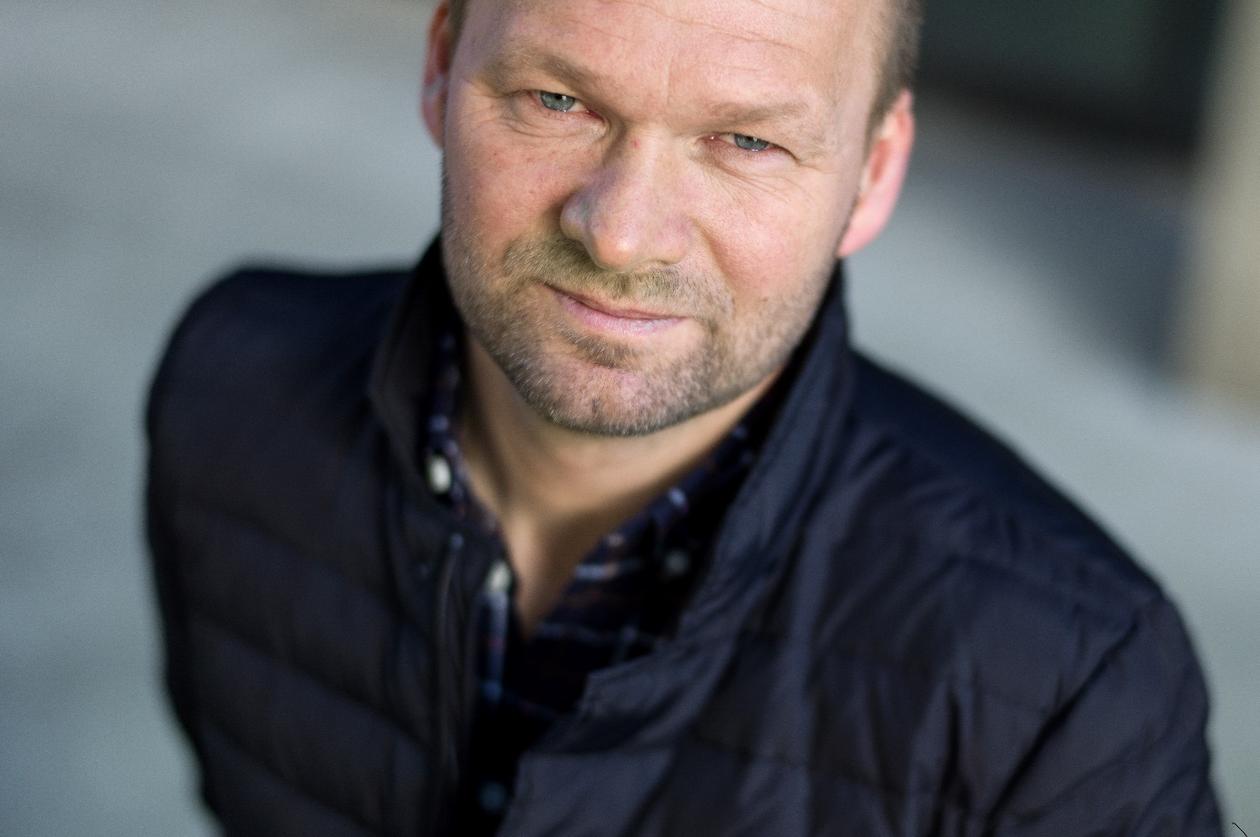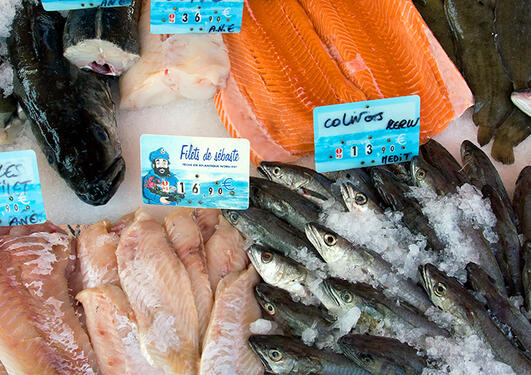Can the oceans contribute more to our food security?

Hovedinnhold
Course leader: Professor Øyvind Fiksen, Department of Biology, UiB
The ocean is an important source of protein for the human population, but at the same time under pressure from climate change, pollution and fisheries activities. Here we ask the question ‘Can more food be obtained from the ocean in a sustainable way?’ We approach this question from several perspectives.
First, how much is it - in theory - possible to get from the ocean by harvesting wild species? What are the key constraints for realisation of this potential? Second, what is the potential for mariculture (i.e. marine aquaculture) to increase human food security, and what are the key limiting factors for further expansion of mariculture? Third, can we increase future food security and decrease the human environmental footprint through integration of agriculture and mariculture? The potentials and limitations will be viewed in light of basic theory in biological oceanography and ecology, but also from a socio-economic perspective on how markets, regulations, and conservation influence ocean harvest.
During the course we will dive into the recent review of the topic: Food from the oceans. How can more food and biomass be obtained from the oceans in a way that does not deprive future generations of their benefits? High-Level Group of Scientific Advisors Scientific Opinion No. 3/2017. The rest of the reading list is scientific articles with an impact on the main conclusions for this report.
The course targets PhD candidates interested in oceanography, marine ecosystems, fisheries and aquaculture. It is a two-week course including plenary activities and lectures in addition to presentations of students’ own papers. The course aims at active learning activities where students contribute presentations, discussions, and practical work in the lab or field, under guidance of marine researchers and scientists. It is highly relevant to students in a broad range of disciplines, and directed towards societal problems and management challenges related to the oceans in a global perspective.
Teachers during the course
Professor Dag L. Aksnes, University of Bergen, was the Chair of the Scientific Advisory group. He will give a plenary keynote on the topic, and in the Oceans course, he will present more of the methodology, scientific foundation and point at discussions appearing in the expert group during the report development.
Professor Yngvar Olsen, Norwegian University of Science and Technology, Trondheim. His field is in plankton ecology, nutrition and aquaculture. In the course, he will lecture on recent developments in integrated multi-trophic aquaculture and future opportunities in lower trophic mariculture.
Course leader: Professr Øyvind Fiksen, University of Bergen, is a merited Excellent Teaching Practitioner. He will follow up participants' work before, during and after the course. Scientific practice, writing, presenting, peer-review and discourse are skills that we will exercise in all course activities.
Intended learning outcomes (3 ECTS)
After the course, the participants are able to:
- Collaborate in groups to find and extract information from the scientific literature, and present an overview of contemporary research and discussions related to ocean science
- Work in teams to critically reflect upon marine research and discuss different sides and angles to the use and protection of the ocean environment
Additional intended learning outcomes for the 10 ECTS version:
- Summarize and review an environmental-, fisheries-, or aquaculture-related issue from the scientific literature in a scholarly text
- Provide constructive feedback on academic texts written by peers
Student workload, 3 ECTS version (~90 hours of work):
- Class meetings and discussion groups are mandatory (~50 hours in total)
- Reading the reading list (~30 hours)
- Giving an oral presentation of your research plans or theme is mandatory (~5 hours)
Student workload, 10 ECTS version (~260 hours of work):
- The 3 ECTS course +
- Writing an essay of ~5000 word on a theme relevant to the course theme (~130 hours)
- Reviewing the work of two other students and provide feedback (~20 hours)
- Revising your essay and respond back to the reviews made by teachers and fellow participants (~20 hours)
Reading list
Main document:
How can more food and biomass be obtained from the oceans in a way that does not deprive future generations of their benefits? Informs the Scientific Advice Mechanism High-Level Group of Scientific Advisors Scientific Opinion No. 3/2017.

